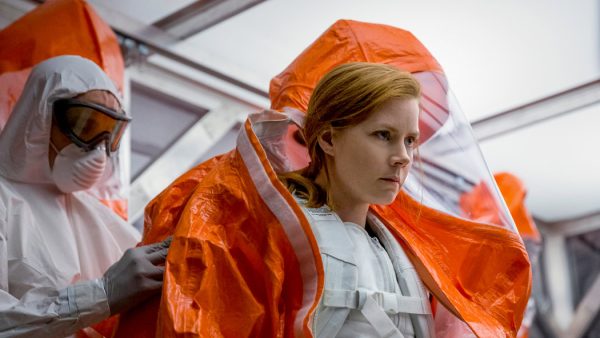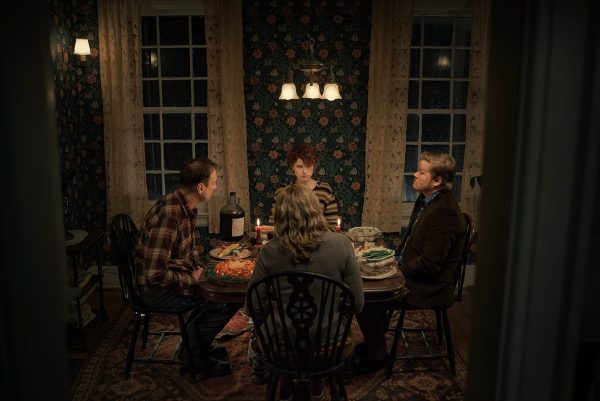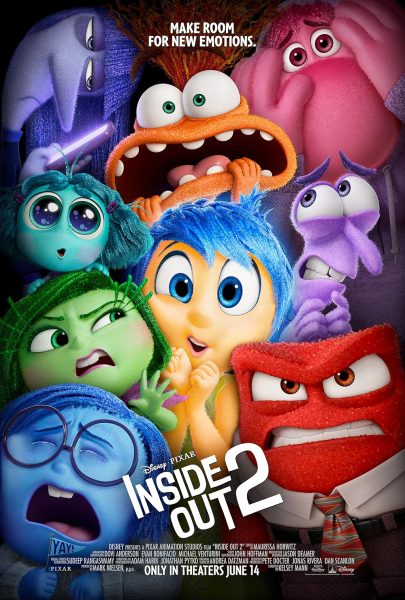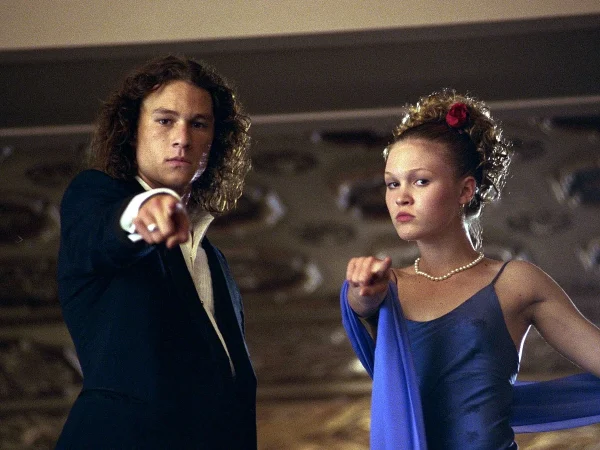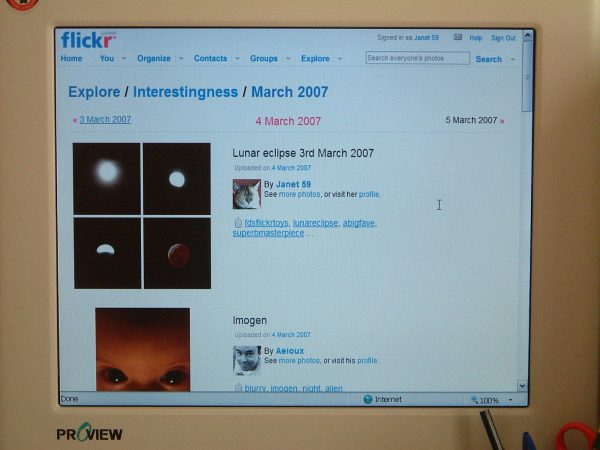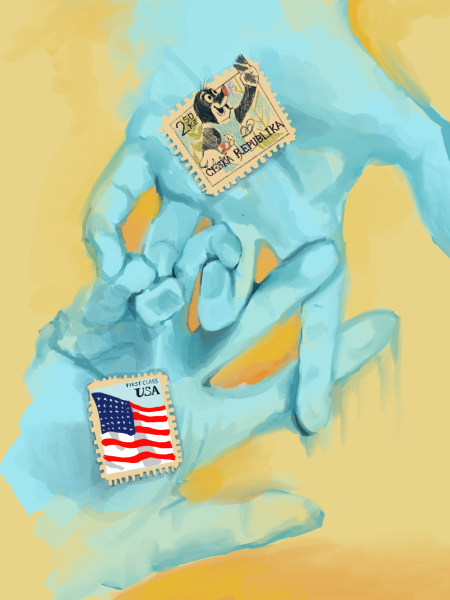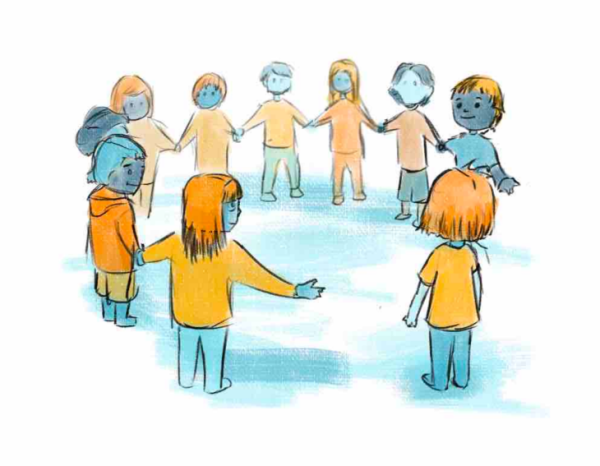Media Review: Glass Onion
“Glass Onion” left me feeling unnerved. The satirical film cleverly critiques current celebrities by showcasing how elitism causes individuals to go against their morals to protect their wealth and reputation.
“Glass Onion,” the sequel to the film “Knives Out,” begins when Miles Bron, the CEO of a well-known tech company, invites his closest friends and ex-co-CEO Andi to his private Greek island to play a murder mystery game. When renowned detective Benoit Blanc shows up without Bron’s invite, the game falls to pieces as secrets get revealed, turning Bron’s friends against him. After watching “Glass Onion,” I was transfixed by the fast-paced mystery but nauseated by the back-stabbing characters.
Miles Bron, the antagonist of the film, is the personification of the technology industry’s thirst for wealth. Bron welcomes his friends to his zen island of beaches and modern architecture revealing a huge spherical building in the center called the Glass Onion. This building, along with every other part of the island, is powered by his company’s newest invention: Klear, a solid hydrogen fuel. He disregarded warnings from his scientists that it was not ready, and was preparing to put it on the market to support his image of protecting the climate and of course to make billions. However, at the end of the movie, the entire island is blown up by just a flake of Klear touching fire. Bron became fixated on growing his company and his wealth rather than producing a safe, successful product making me analyze how other C.E.Os in the tech industry and beyond could become corrupted by money.
Bron’s narcissism is abundant in his removal of his co-CEO, Andi, from his company. Back when Bron and his friends were regular people, Andi came up with the idea for a new company by scribbling diagrams on a napkin. She and Bron were partners and quickly became wealthy, lifting their friends up to succeed in their respective careers. When Bron wanted to produce Klear prematurely, Andi resisted and Bron called for her removal as CEO. He hid the napkin with her handwriting and got every one of their friends to lie in court saying the idea for the company was his. Months later, Andi found the napkin and Bron proceeded to poison her and make it look like she killed herself. Bron turned on Andi in a heartbeat to protect himself and get rich. Although this was an extreme event that probably wouldn’t occur in real life, it made me realize how new money can corrupt today’s famous figures and morph their values.
Bron’s group of friends, and their reliance on Bron to pay their way out of controversy, represent the celebrity world. They call themselves “The Disruptors” because they’re entrepreneurs in their respective fields, creating new ideas and going against societal expectations. They’ve certainly disrupted something by being tone-deaf, corrupt, self-obsessed, and willing to do anything to keep themselves afloat. Birdie, a dumb-blonde, white model and fashion icon has been caught in scandals numerous times for tweeting or saying anti-Semitic and racist things. Her biggest one yet is when she used child labor in her Bangladesh sweatshop for years in her line of sweatpants because she thought that a sweatshop was a factory for sweatpants. She escapes the financial damage of this situation by taking full responsibility in return for Bron buying all of the shares of her company. Duke is a men’s rights youtuber who, thanks to Bron’s financial support, advertises his company on his channel. Both scientist Lionel, and Connecticut Governor Claire rely on undisclosed funding from Bron to keep their careers alive. Over and over again, each character is willing to do anything from issuing ingenuine apologies to corruption to rescue their self-image and money.
Although the movie wraps up with a satisfying humiliation of Bron and a slight redemption for the other characters, I was still disgusted with their actions, leading me to draw comparisons with celebrities in our current society. Even if it was a little over the top, “Glass Onion” did a fantastic job of highlighting the flaws of the Uber-rich, prompting viewers to question such people’s priorities.

Niyati is a senior at Lowell High School. In her free time, she works at the farmers market and walks around the city listening to music. In the words of fellow reporter Clarabelle Fields, she is described as enigmatic and magnanimous.



